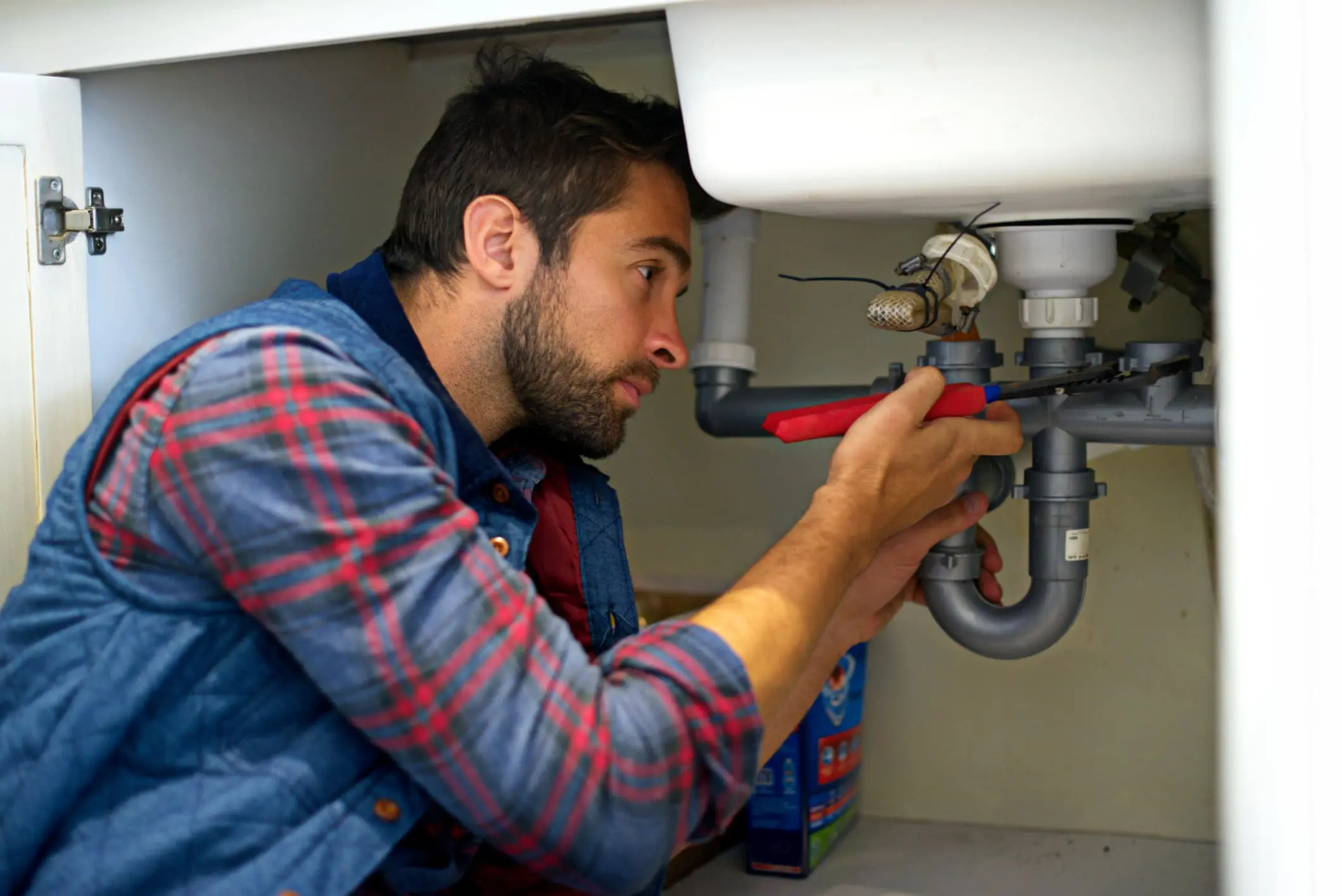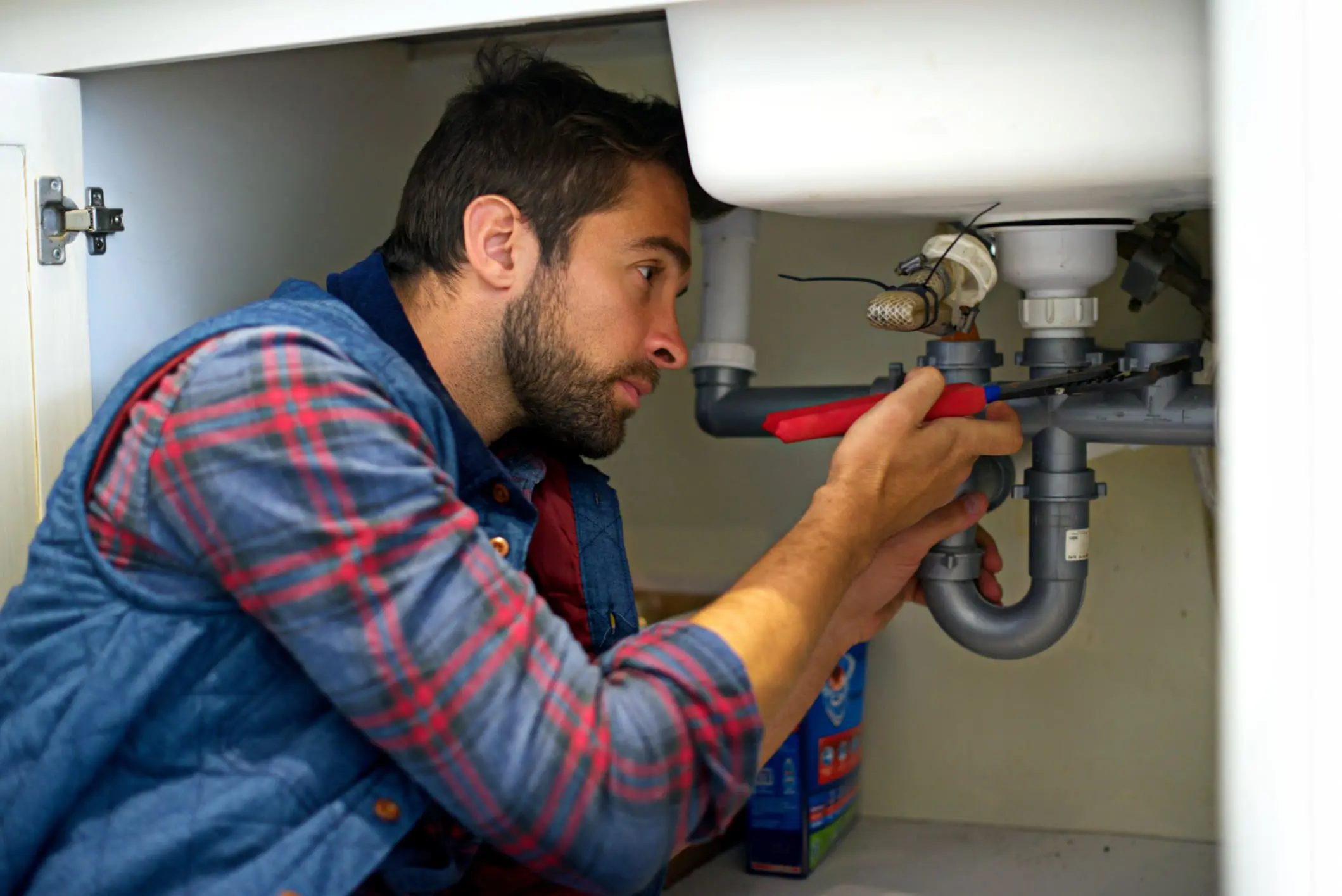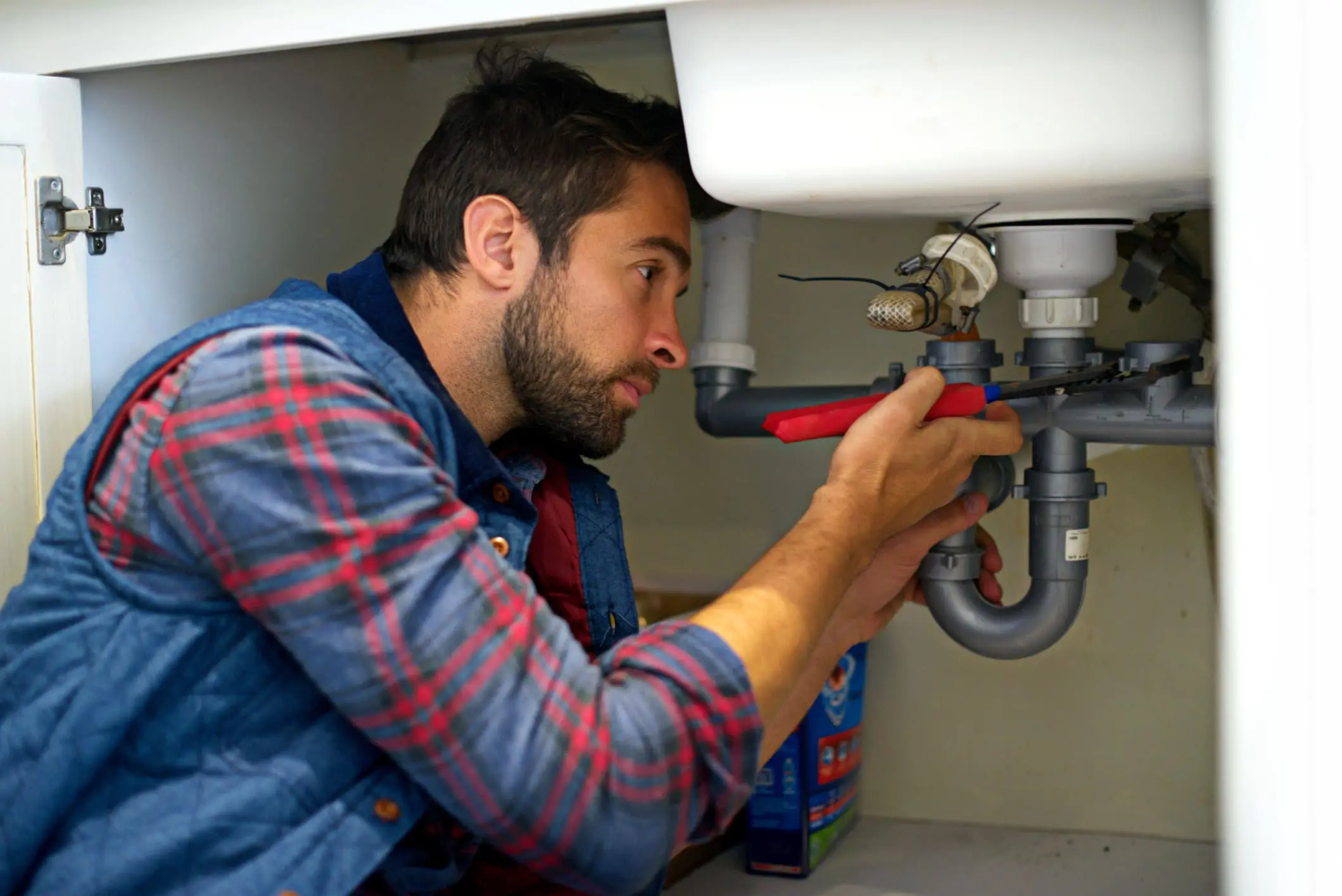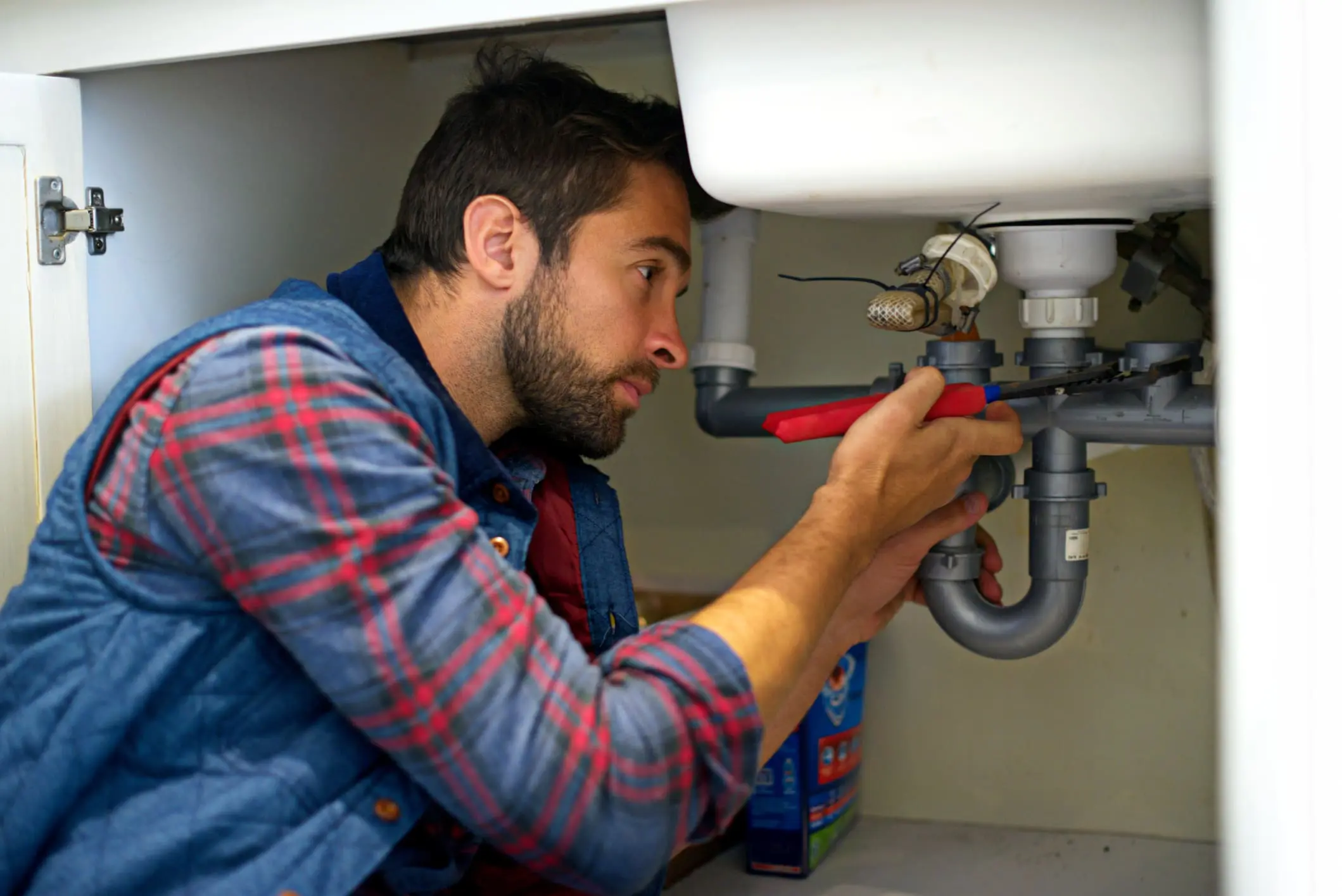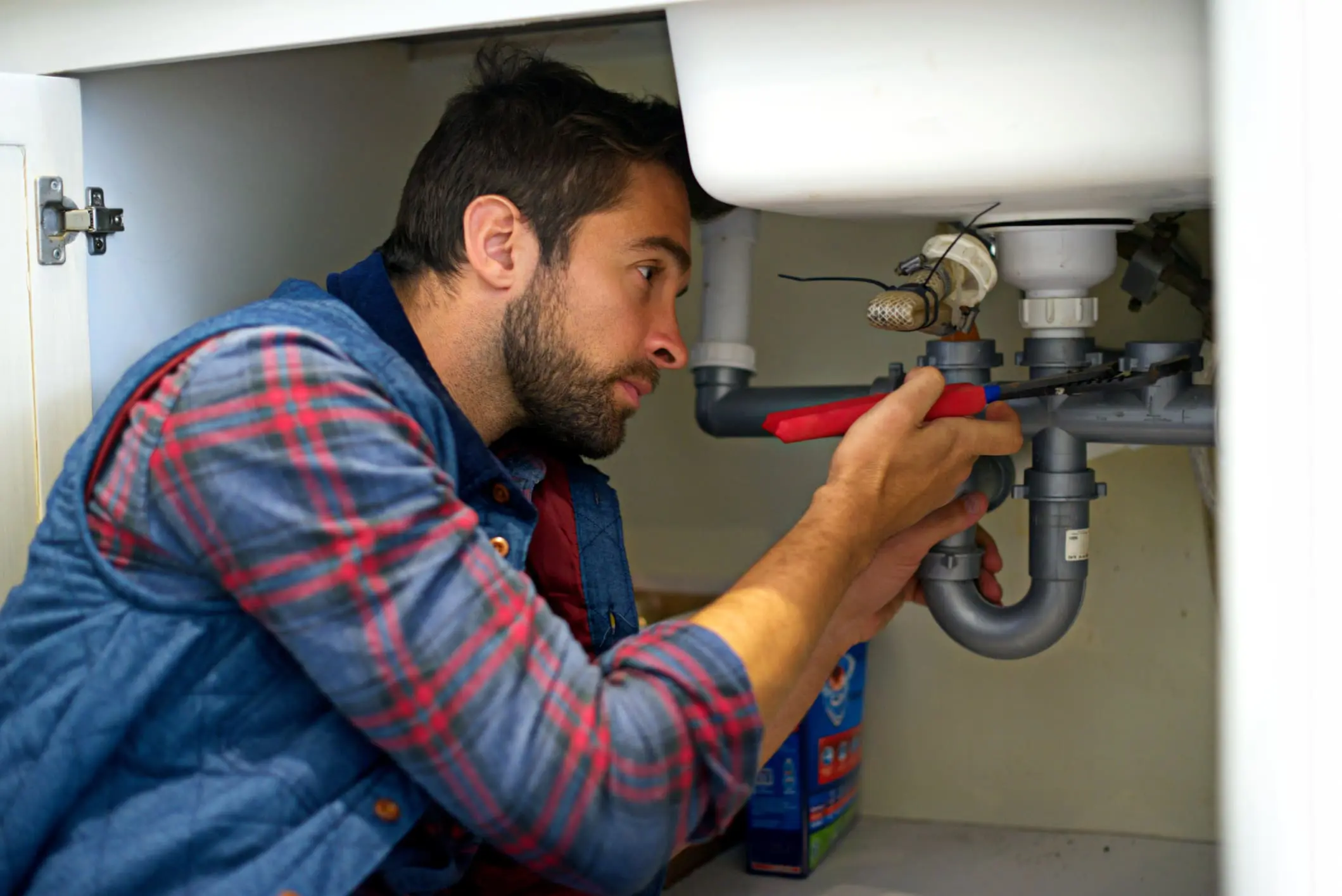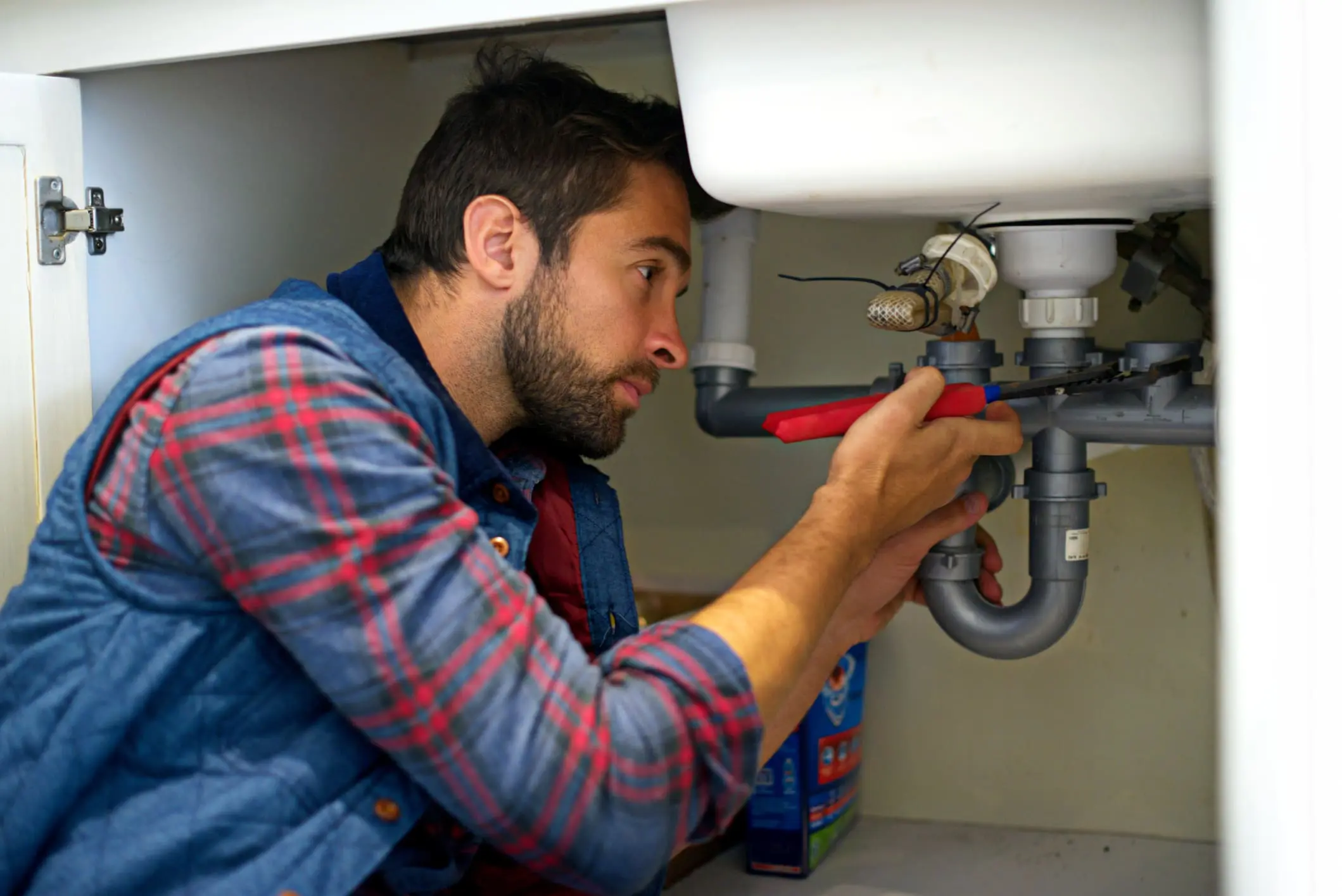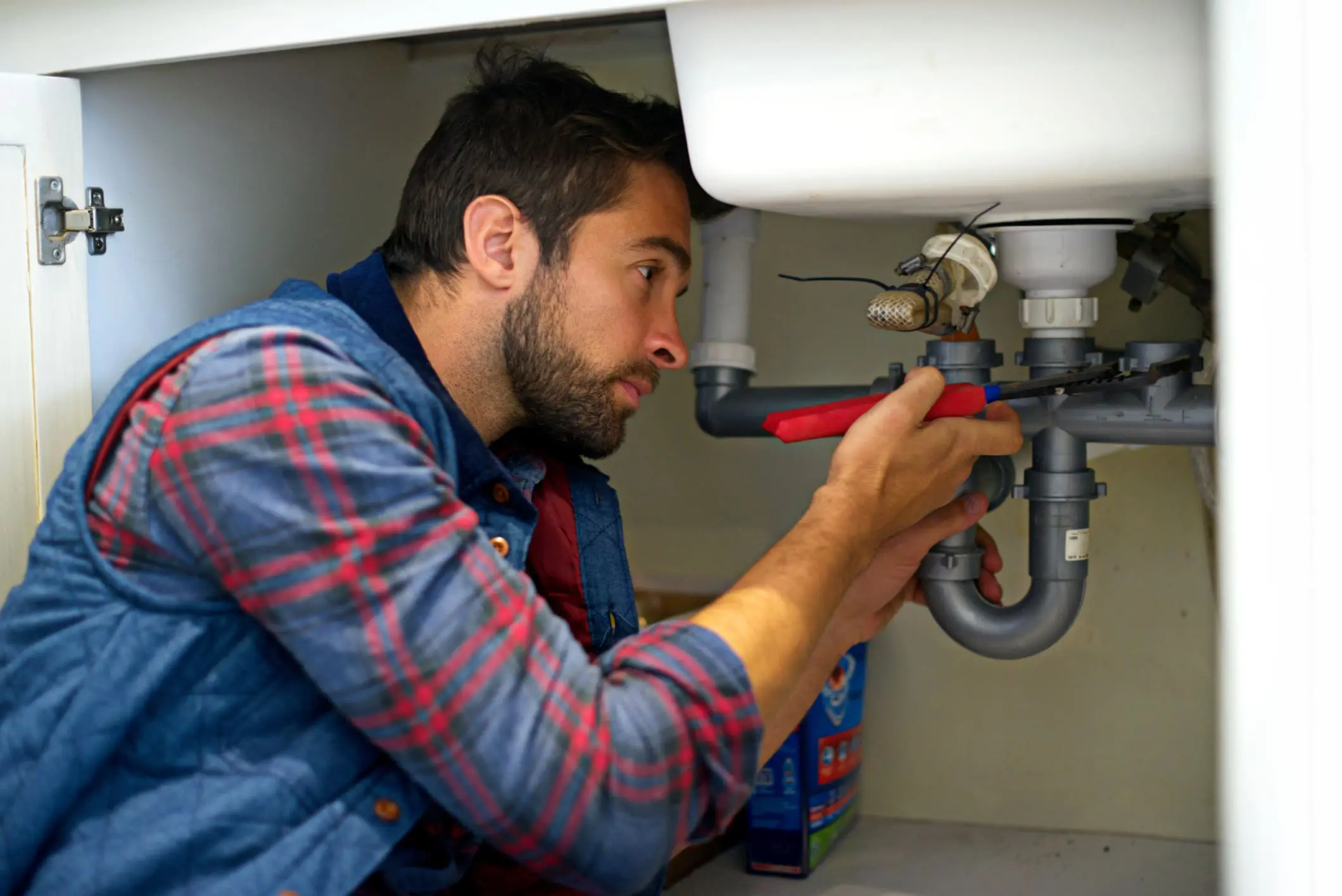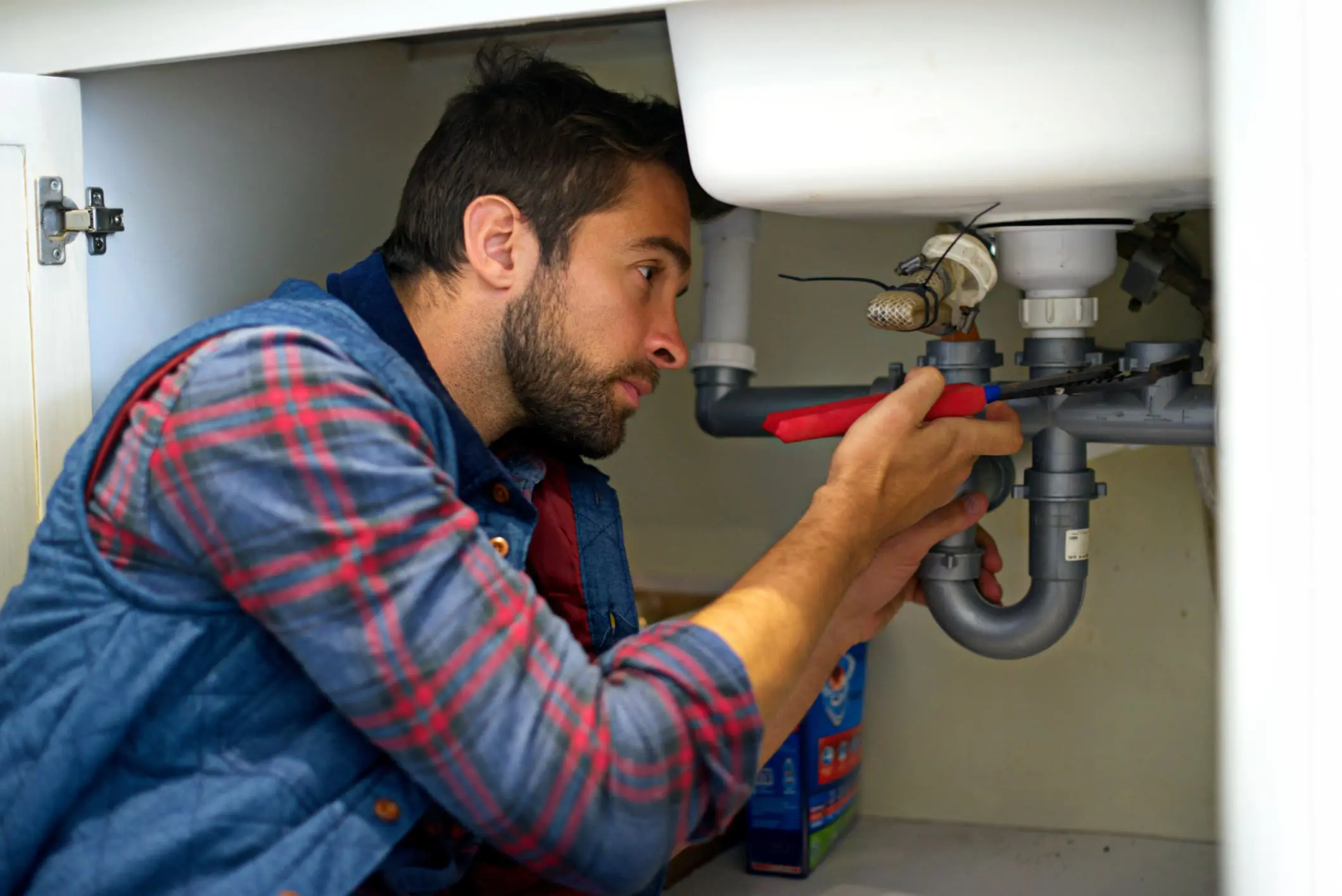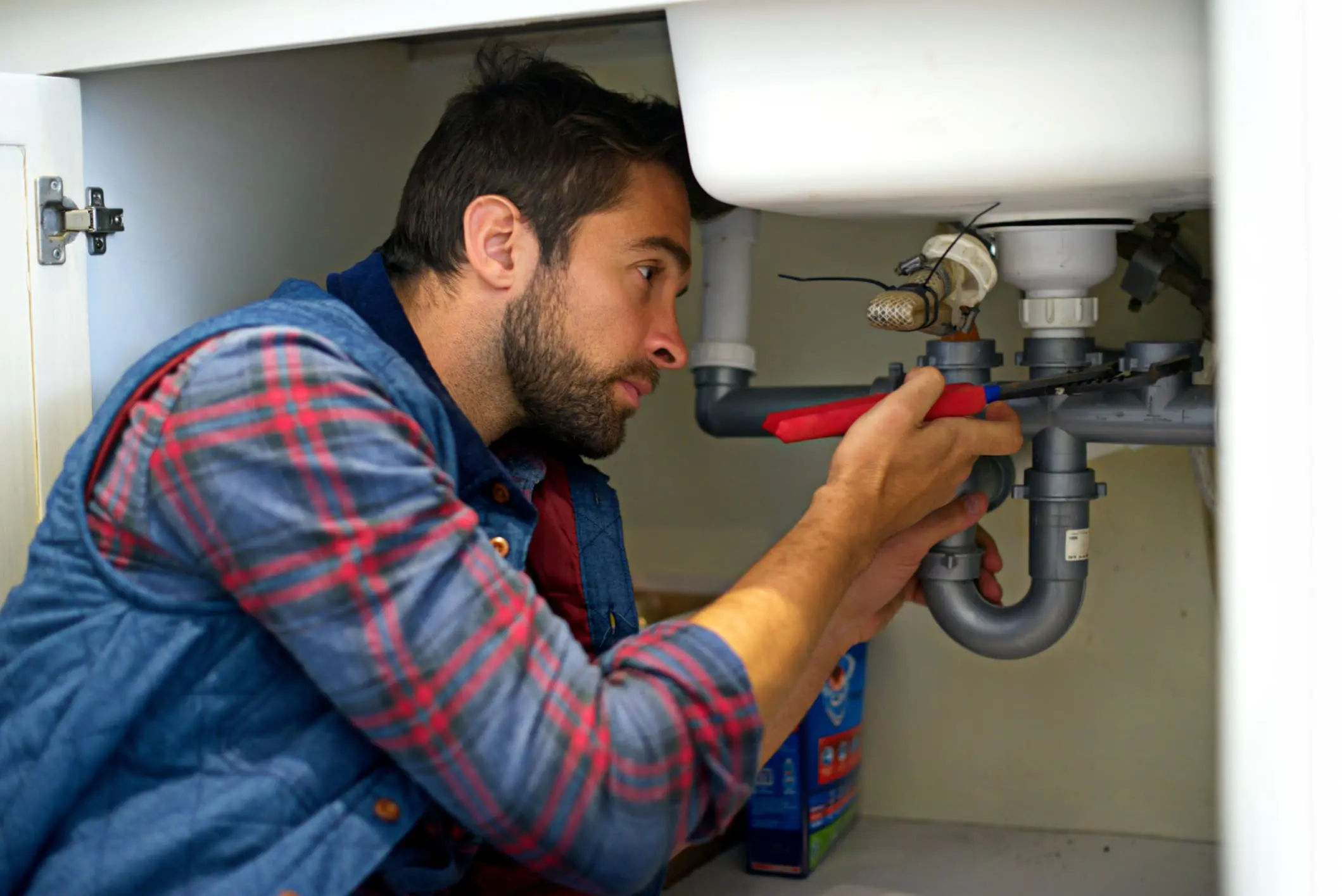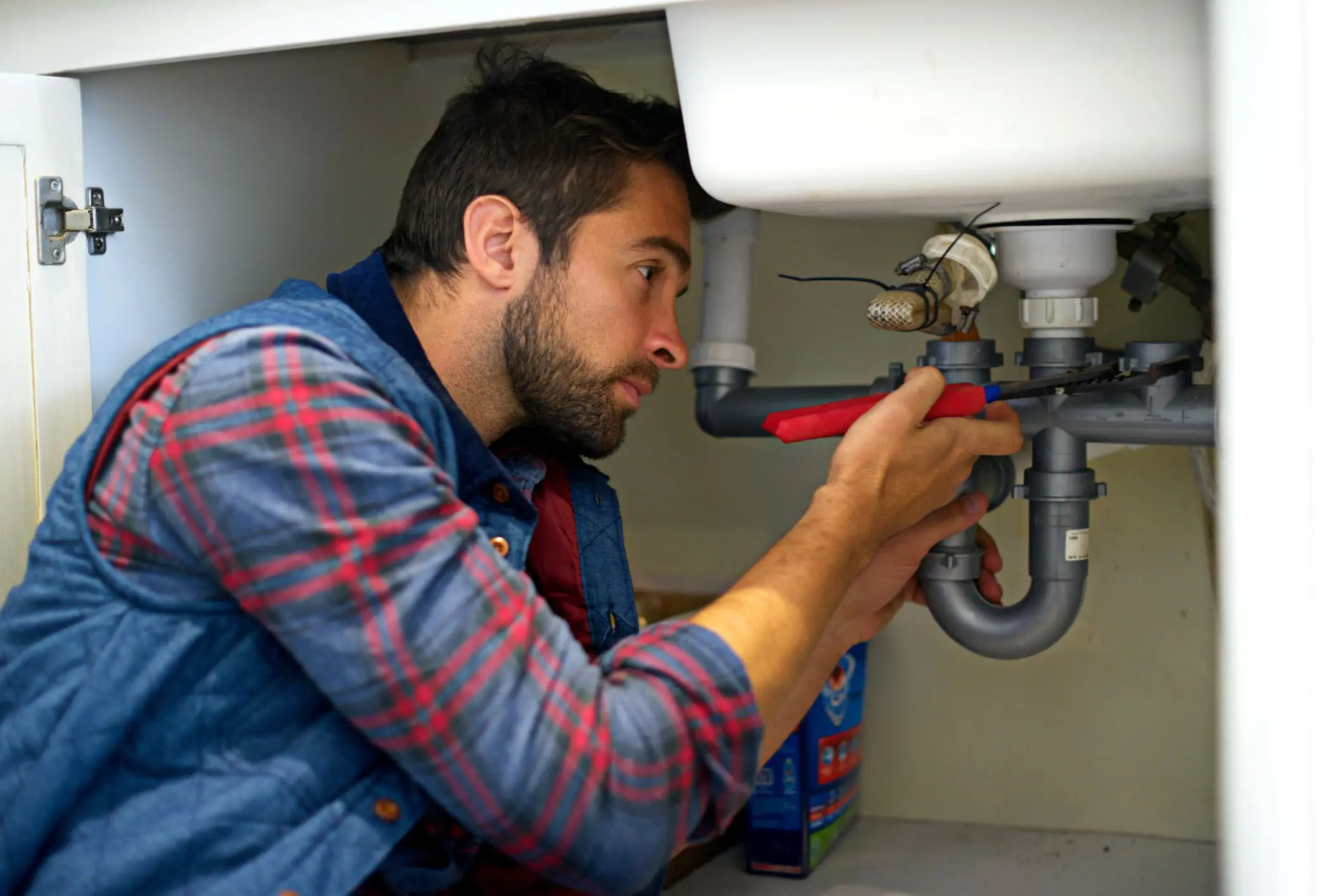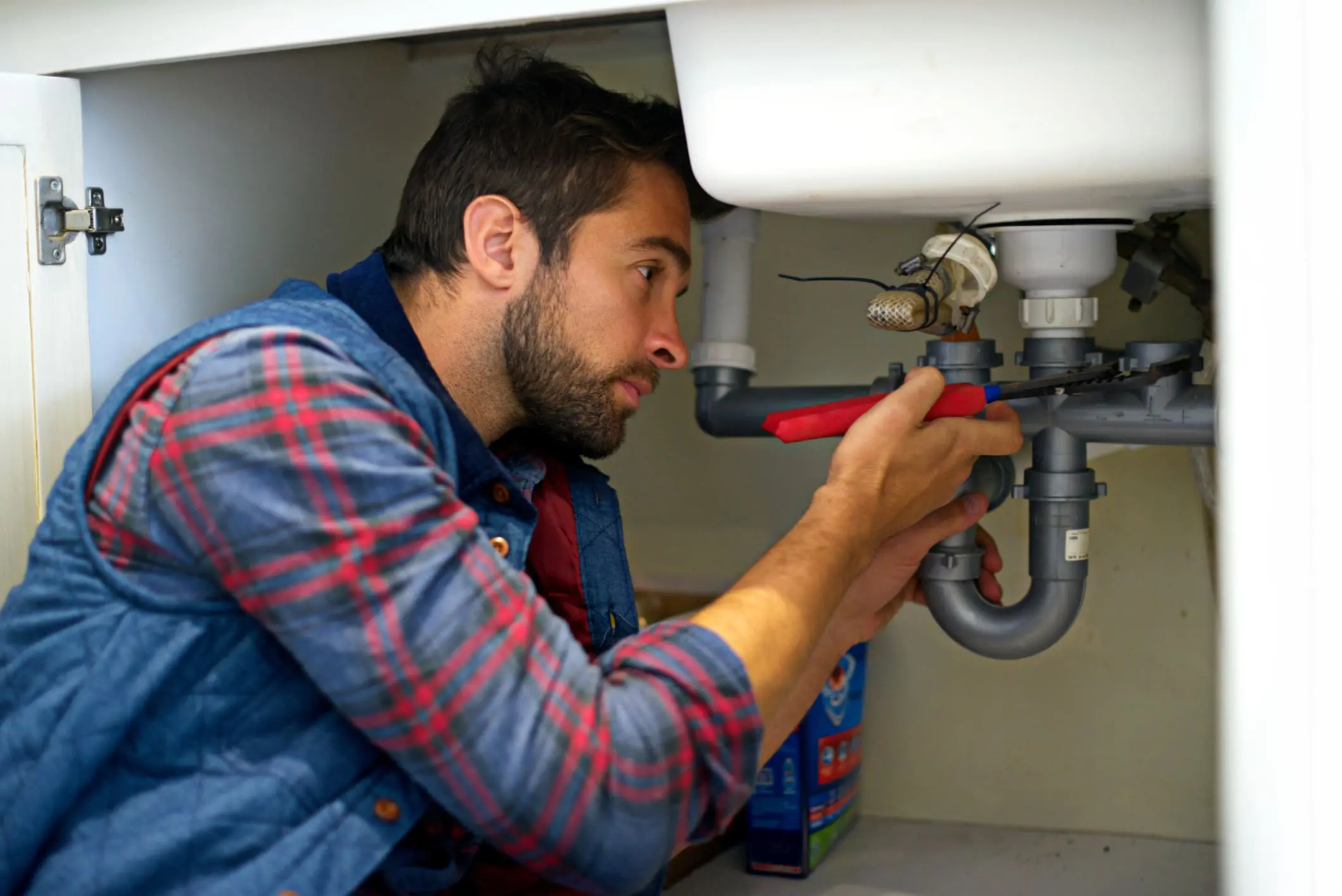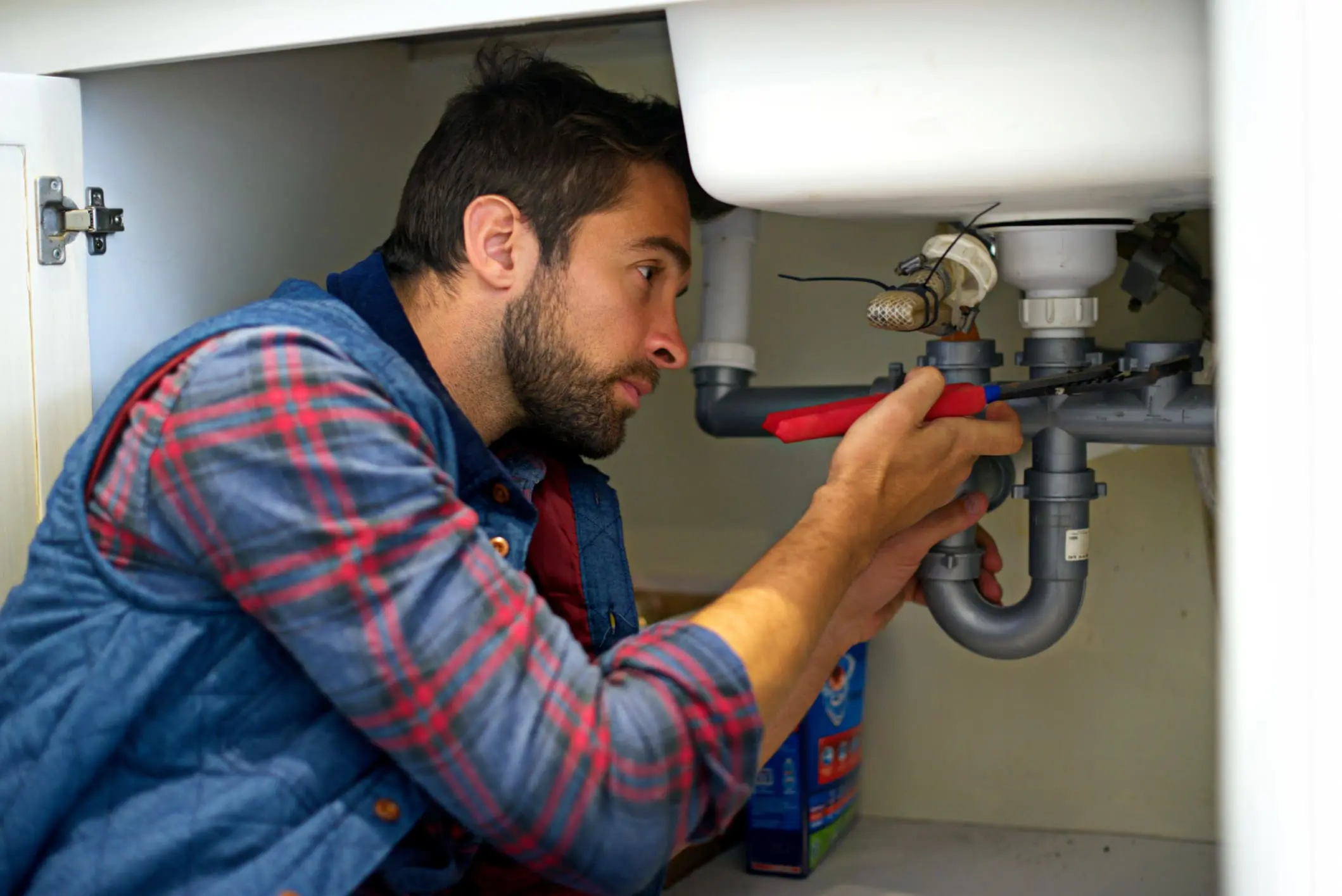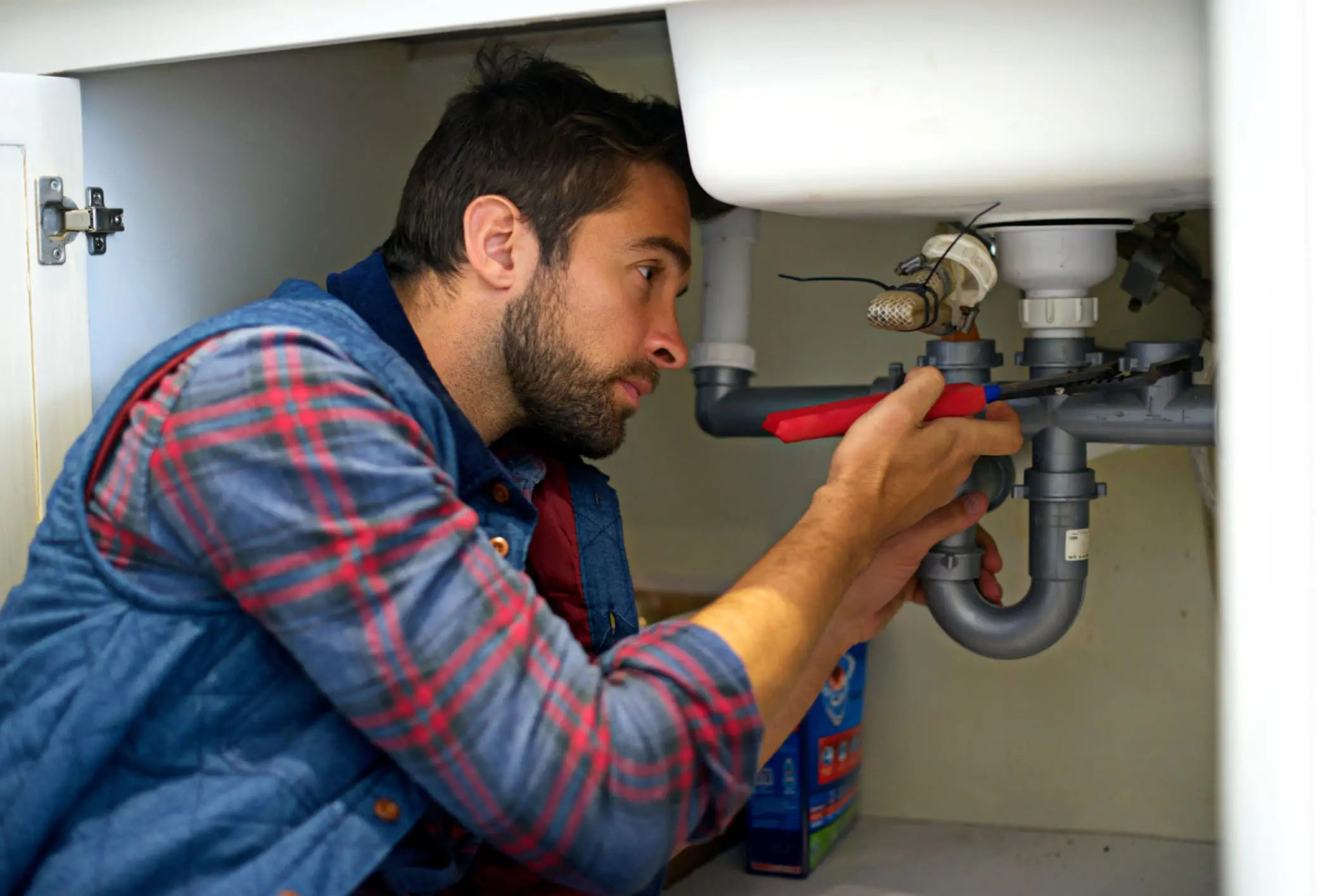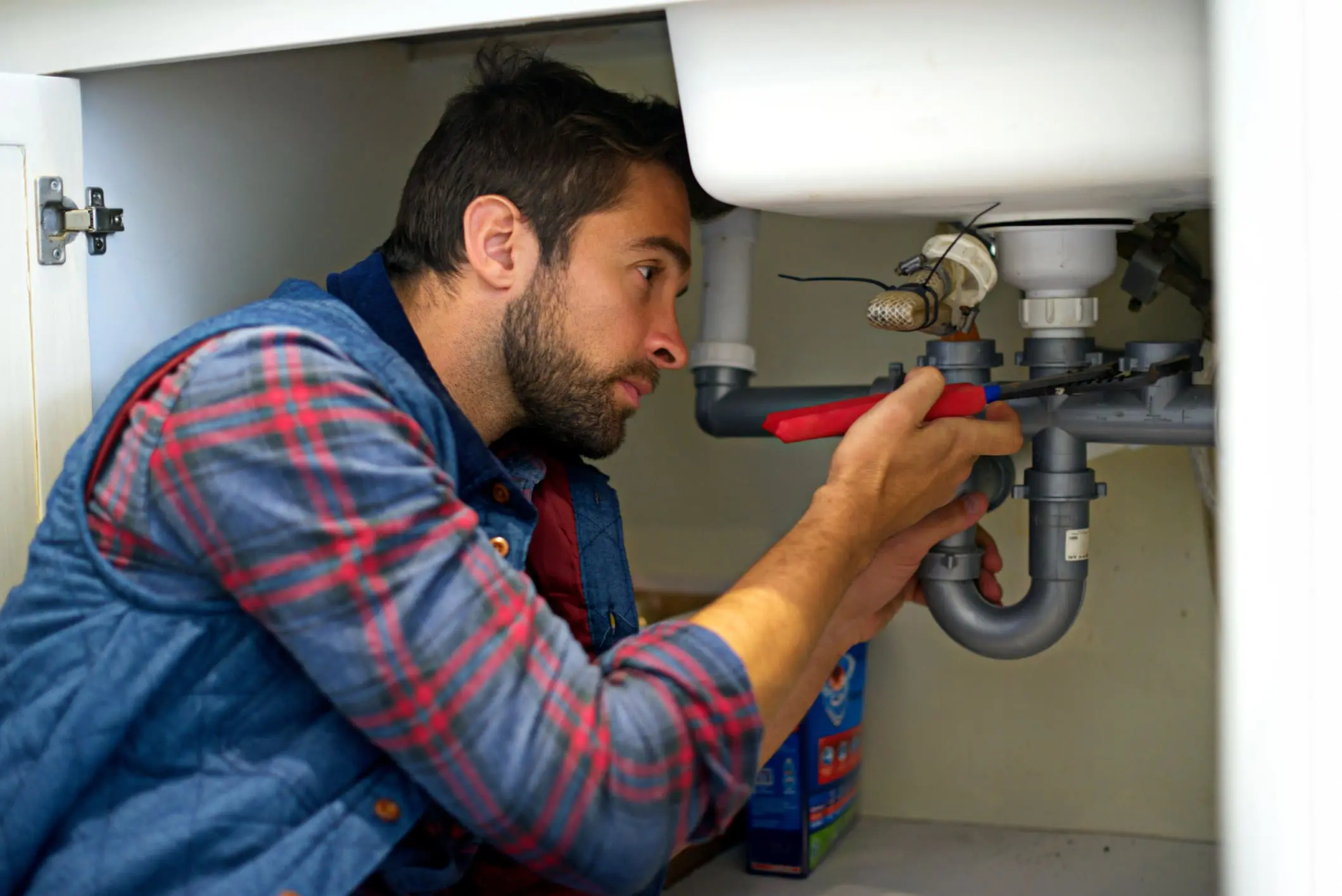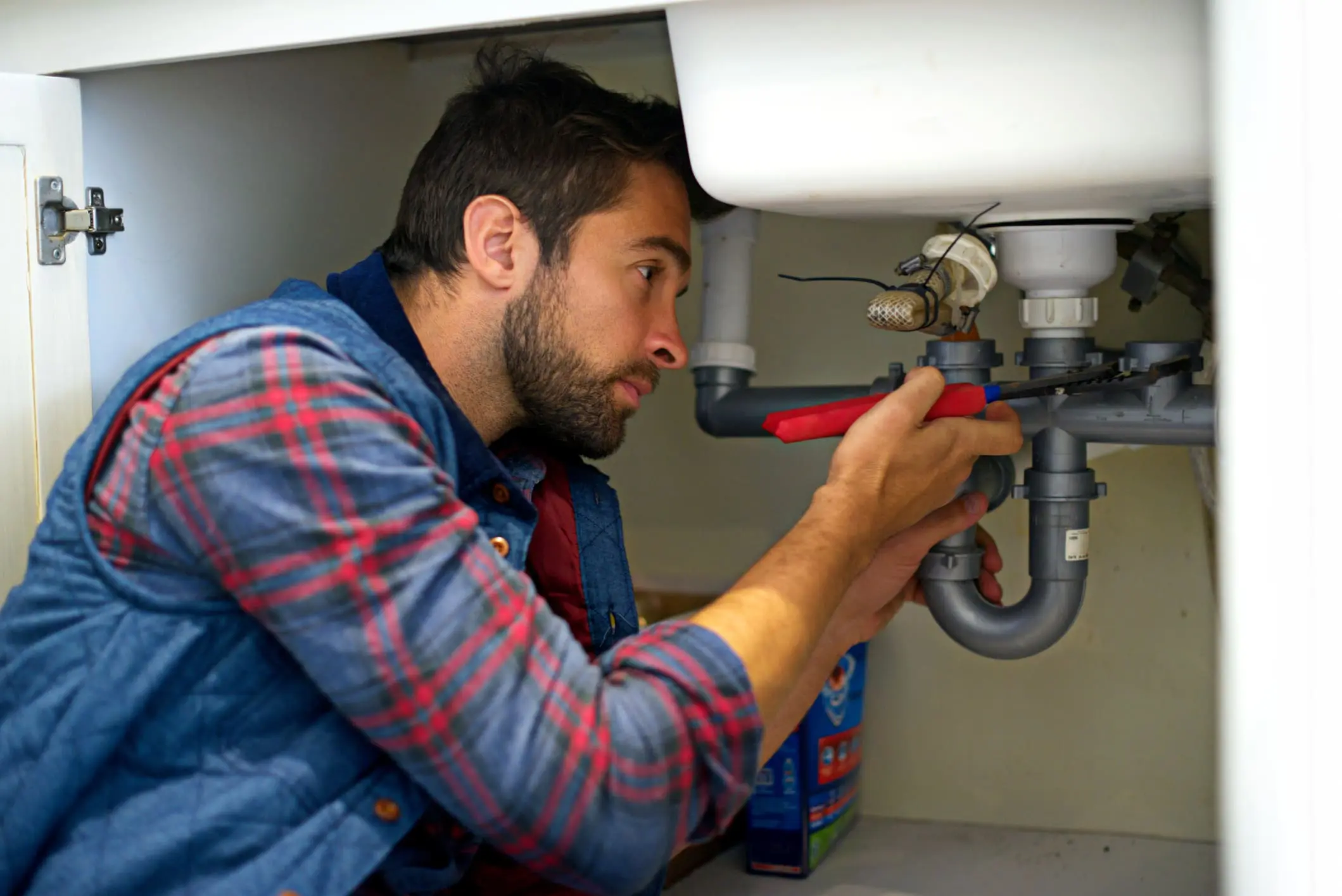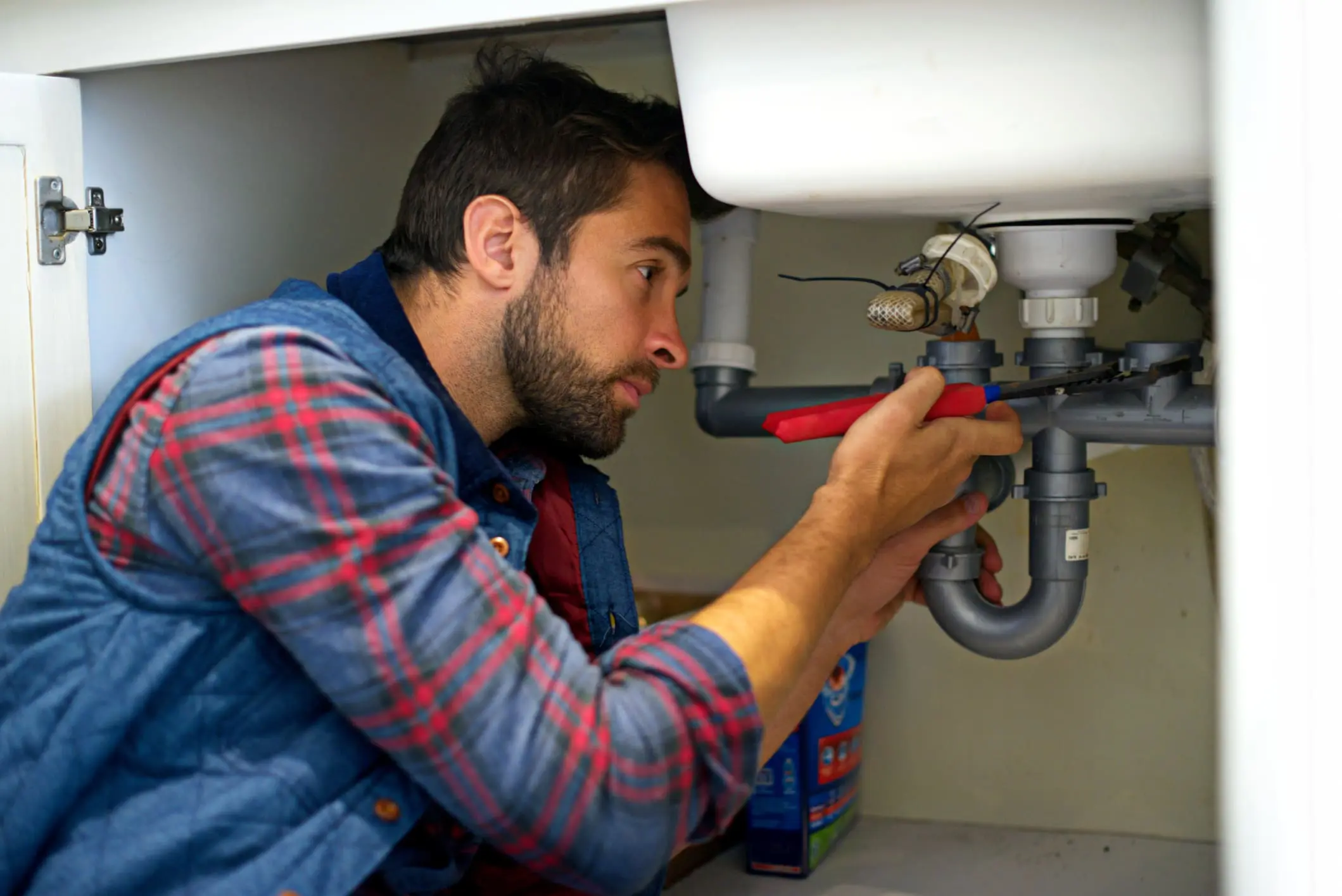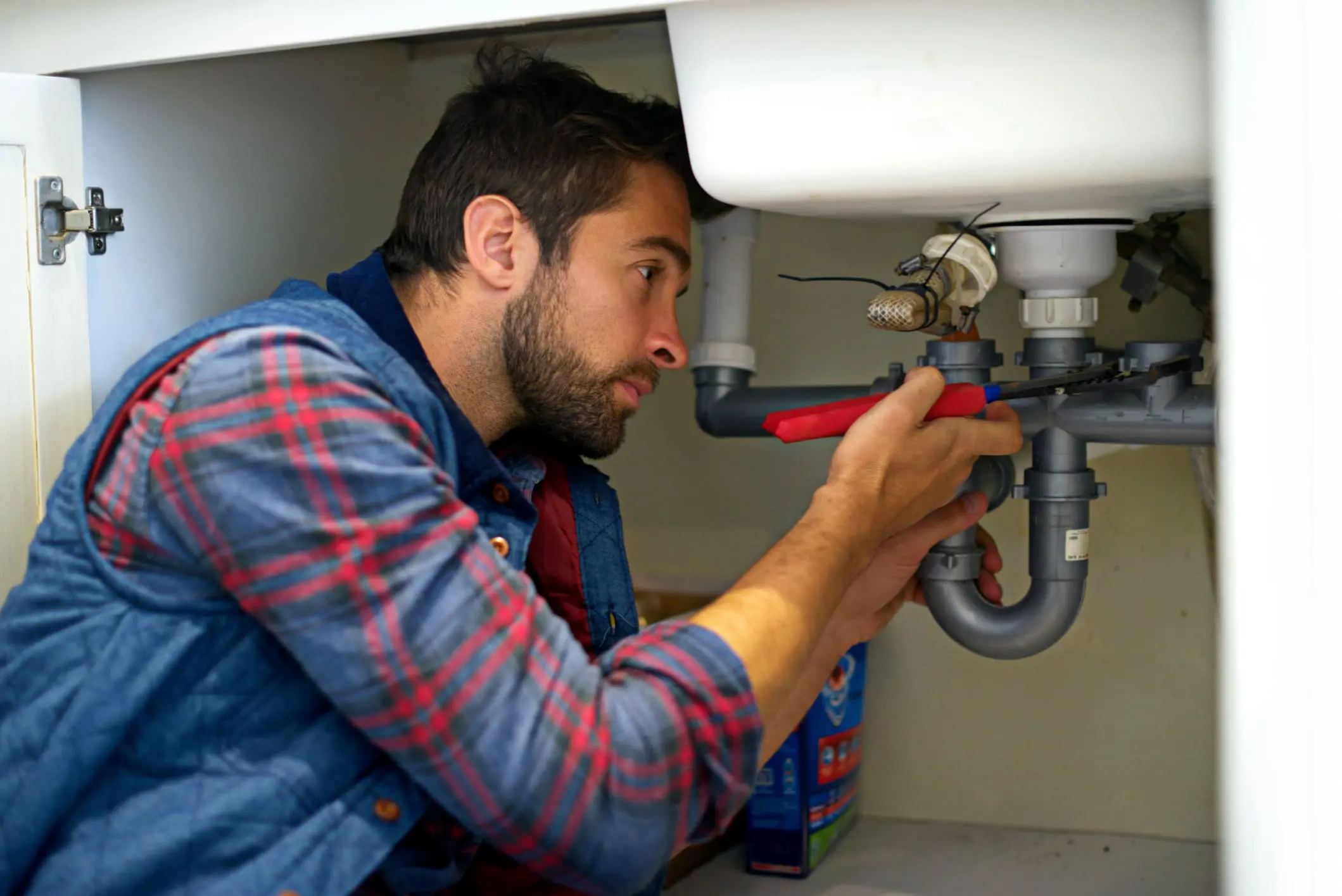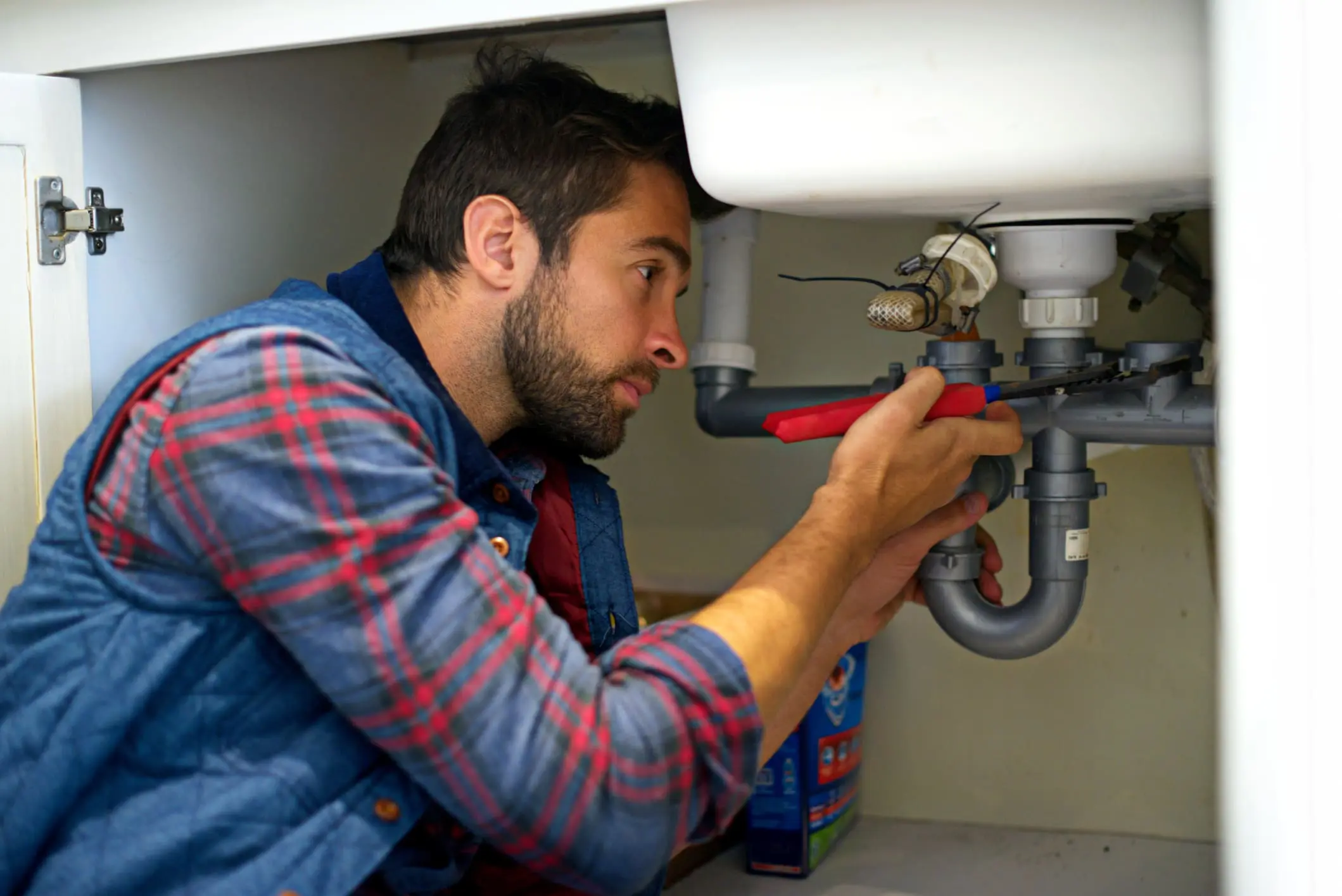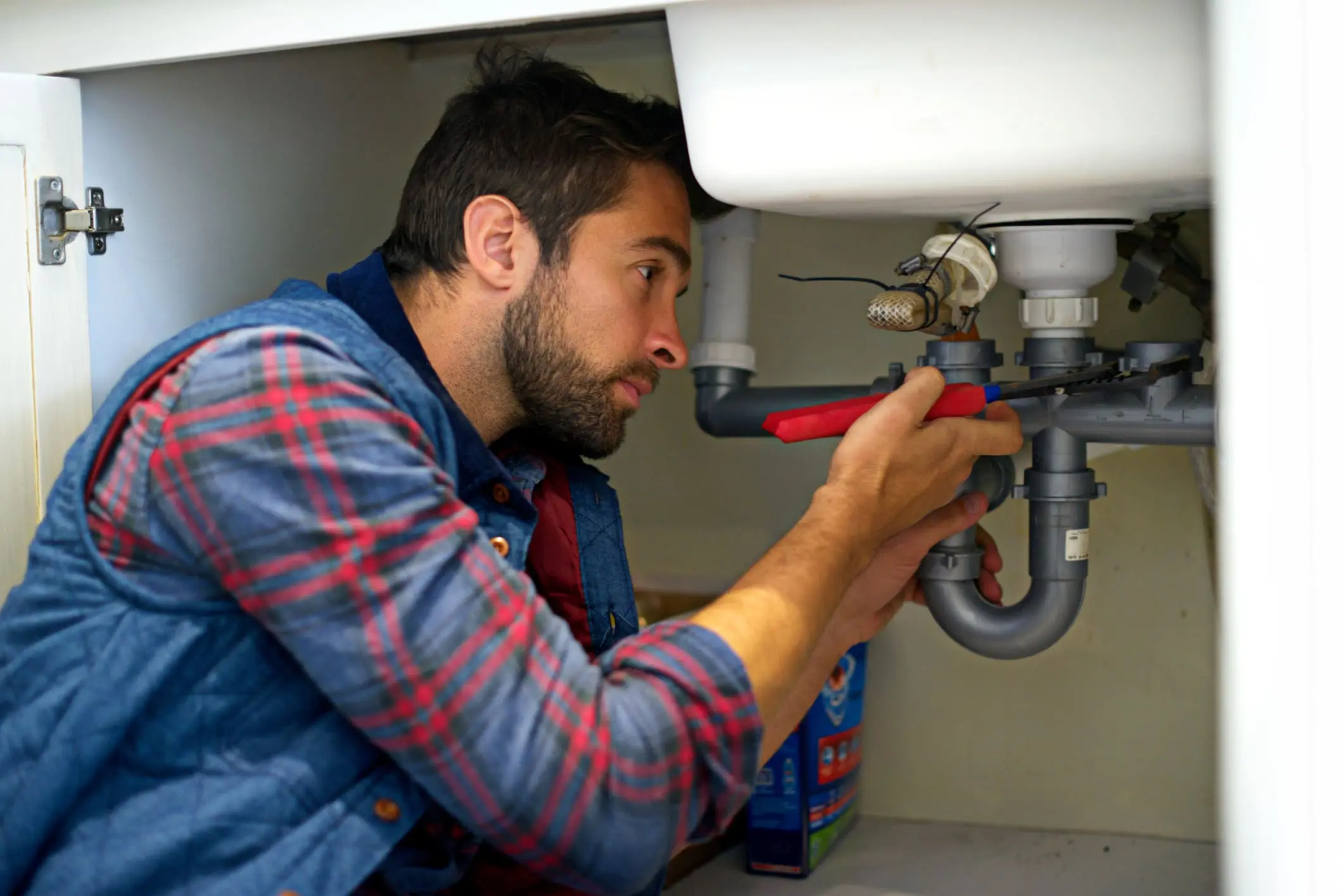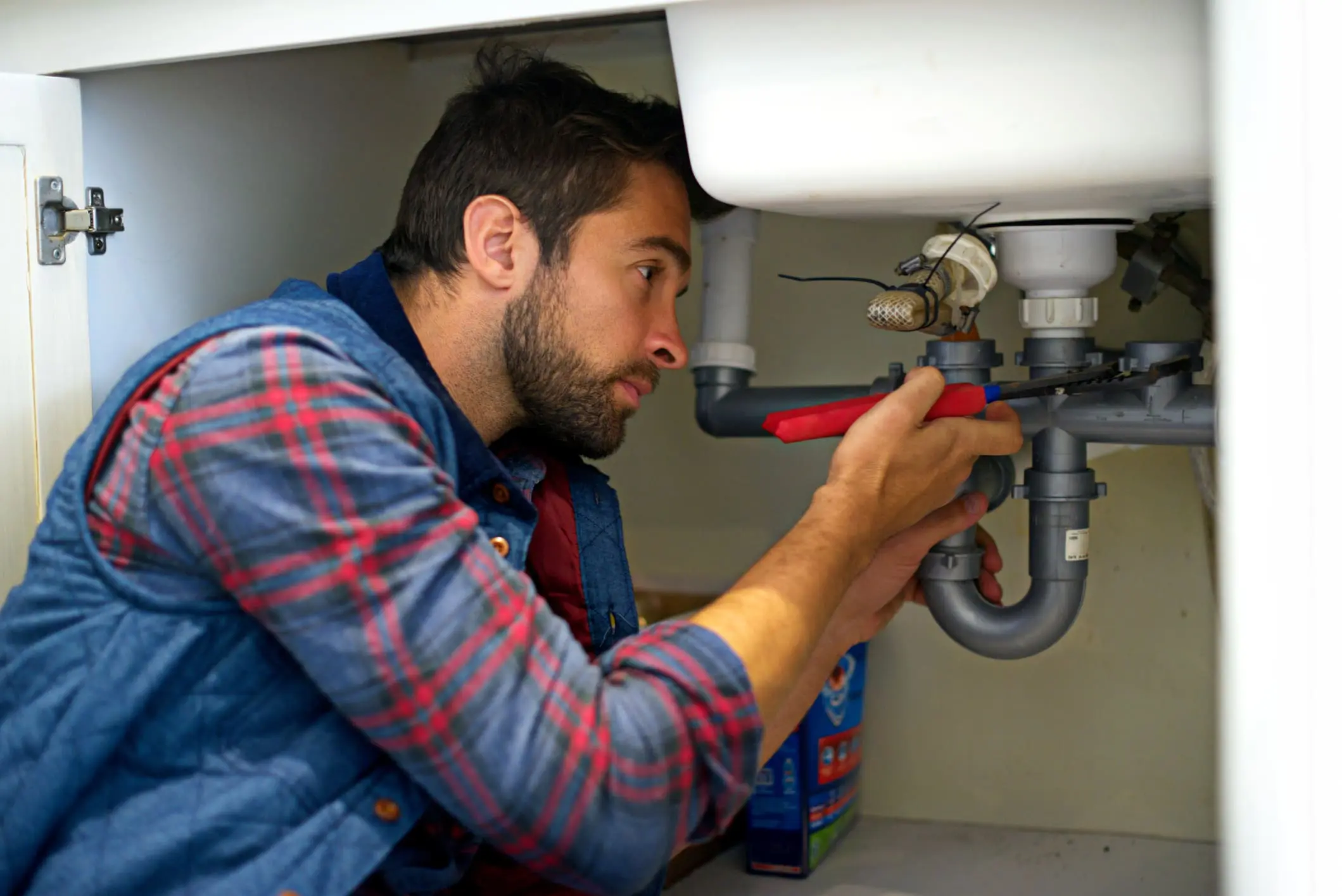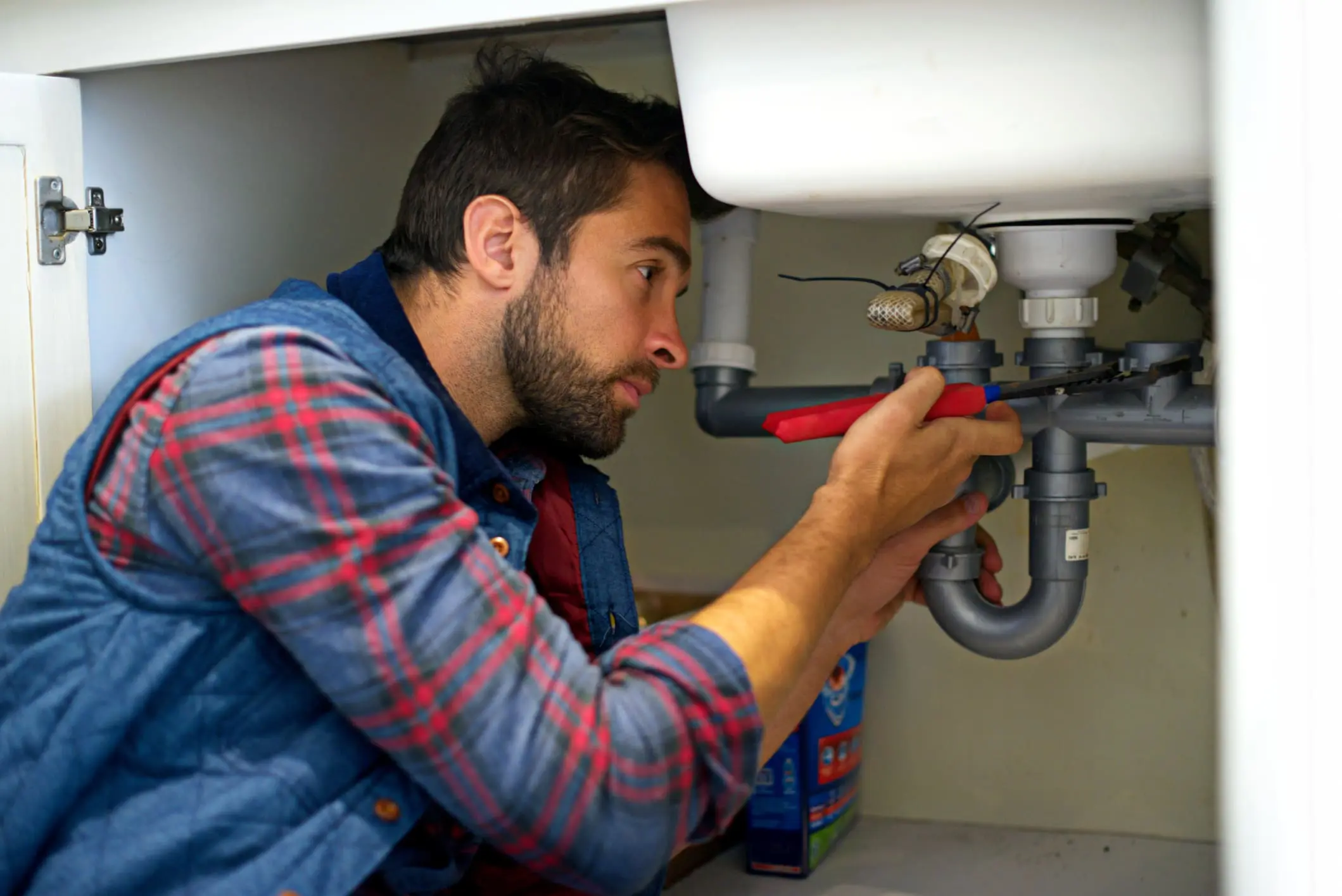The plumbing industry presents unique risks that require specialized insurance coverage. From working in confined spaces to h…
Plumber Product Liability Insurance: Essential Protection for Plumbing Professionals
Product liability insurance is a critical component of comprehensive coverage for plumbing professionals. While general liability insurance protects against accidents and injuries during work, product liability insurance specifically covers claims arising from defective products, faulty installations, or materials that cause damage or injury after the job is completed.
Understanding Product Liability in Plumbing
Plumbers face unique product liability risks that extend far beyond the completion of their work. When you install pipes, fixtures, water heaters, or other plumbing components, you become potentially liable for any problems that arise from these products or their installation. This liability can persist for years after the original work is completed.
Product liability claims in plumbing typically fall into three categories: defective products supplied by the plumber, faulty installation of products, and failure to warn customers about potential risks or proper maintenance requirements.
Common Product Liability Scenarios for Plumbers
Water Heater Failures
If a water heater you installed malfunctions and causes flooding, property damage, or injury, you could face significant liability claims. This is particularly concerning given that water heater failures can cause extensive damage to homes and businesses.
Pipe and Fitting Defects
Faulty pipes or fittings that burst or leak can cause substantial water damage. Even if the defect was in the manufacturing, the plumber who installed the product may still face liability claims.
Fixture Malfunctions
Toilets, sinks, showers, and other fixtures that fail or cause injury due to defective components or improper installation can result in product liability claims.
Backflow Prevention Device Failures
When backflow prevention devices fail to function properly, they can allow contaminated water to enter the clean water supply, potentially causing serious health issues and significant liability.
Smart Plumbing Technology
Modern plumbing increasingly includes smart water monitors, leak detection systems, and automated shut-off valves. Malfunctions in these sophisticated systems can lead to complex product liability claims.
Why Standard Insurance May Not Be Enough
Many plumbers assume their general liability insurance covers all potential claims, but this isn't always the case. General liability typically covers accidents that occur during work, but product liability claims can arise months or years after completion of the job.
Professional indemnity insurance covers errors in professional judgment or advice, but may not fully address product-related claims. This gap in coverage leaves many plumbers vulnerable to significant financial exposure.
Key Coverage Areas in Product Liability Insurance
- Manufacturing Defects: Coverage for claims arising from defective products you've installed, even when the defect originated with the manufacturer.
- Design Defects: Protection against claims that products you've installed have inherent design flaws that make them unreasonably dangerous.
- Failure to Warn: Coverage for claims that you failed to adequately warn customers about potential risks or proper maintenance requirements for installed products.
- Installation Errors: Protection against claims that your installation methods contributed to product failures or safety issues.
- Legal Defense Costs: Coverage for attorney fees, court costs, and other legal expenses associated with defending against product liability claims.
- Settlement and Judgment Payments: Financial protection for settlement agreements or court-ordered judgments against you.
Industry-Specific Considerations
Residential vs Commercial Work
Commercial plumbing projects often involve more complex systems and higher-value properties, potentially leading to larger liability claims. Your coverage should reflect the scale and complexity of your typical projects.
Emergency Repairs
Emergency plumbing work often involves quick decisions and limited product options. Product liability insurance should account for the increased risk associated with emergency situations.
Warranty Obligations
Many plumbers provide warranties on their work and the products they install. Product liability insurance should complement these warranty obligations without creating coverage gaps.
Subcontractor Relationships
If you work as a subcontractor or employ subcontractors, ensure your product liability coverage addresses the complex liability relationships involved.
Choosing the Right Coverage Limits
Product liability claims can be substantial, particularly when they involve property damage or personal injury. Water damage claims, for instance, can easily reach six figures when they affect multiple units in apartment buildings or commercial properties.
Consider factors such as the typical value of properties you work on, the complexity of systems you install, and your geographic location when determining appropriate coverage limits. Urban areas with high property values may warrant higher coverage limits than rural areas.
Risk Management Strategies
While product liability insurance is essential, implementing strong risk management practices can help prevent claims and potentially reduce your insurance costs.
- Product Selection: Choose high-quality products from reputable manufacturers. Maintain relationships with suppliers who stand behind their products and provide good warranty support.
- Documentation: Keep detailed records of all products installed, including model numbers, installation dates, and any special instructions or warnings provided to customers.
- Customer Education: Ensure customers understand proper maintenance requirements and potential warning signs of problems. Provide written instructions and maintenance schedules.
- Quality Control: Implement systematic quality control processes to catch potential installation issues before they become problems.
- Continuing Education: Stay current with industry best practices, new products, and installation techniques through ongoing professional development.
Claims Process and Response
When a product liability claim arises, prompt and appropriate response is crucial. Contact your insurance provider immediately upon becoming aware of any potential claim, even if you believe you're not at fault.
Avoid admitting fault or making statements about the cause of the problem until you've consulted with your insurance company and legal counsel. Document the scene thoroughly and preserve any relevant evidence.
Your insurance provider will typically assign a claims adjuster and may provide legal representation. Cooperate fully with the investigation while protecting your interests.
Cost Factors and Considerations
Product liability insurance costs vary based on several factors including your annual revenue, types of work performed, claims history, and chosen coverage limits. Plumbers who work on larger commercial projects or in high-value residential areas typically face higher premiums.
Consider the potential cost of a single significant claim when evaluating insurance costs. The premium for comprehensive product liability coverage is typically a small fraction of the potential financial exposure from an uninsured claim.
Integration with Other Insurance Coverage
Product liability insurance works best as part of a comprehensive insurance program. Ensure your coverage integrates properly with your general liability, professional indemnity, and commercial property insurance.
Some insurers offer package policies that combine multiple coverage types, potentially providing better coordination and cost savings compared to separate policies from different insurers.
Regulatory and Legal Considerations
Product liability laws vary by jurisdiction and continue to evolve. Stay informed about relevant regulations and legal requirements in your service area.
Some jurisdictions have specific requirements for plumbers regarding product warranties, installation standards, and liability limitations. Ensure your insurance coverage aligns with these legal requirements.
Future Trends and Considerations
The plumbing industry continues to evolve with new technologies, materials, and installation methods. Smart home integration, water conservation technologies, and advanced materials all present new product liability considerations.
Climate change and extreme weather events are increasing the frequency and severity of water-related damage claims. This trend may impact product liability insurance costs and coverage requirements.
Making an Informed Decision
Product liability insurance is not optional for serious plumbing professionals. The potential financial consequences of an uninsured claim can be devastating to your business and personal finances.
Work with an insurance professional who understands the plumbing industry to ensure you have appropriate coverage for your specific risks and circumstances. Review your coverage regularly as your business grows and evolves.
The investment in comprehensive product liability insurance provides not only financial protection but also peace of mind that allows you to focus on providing quality plumbing services to your customers.


 0330 127 2333
0330 127 2333
